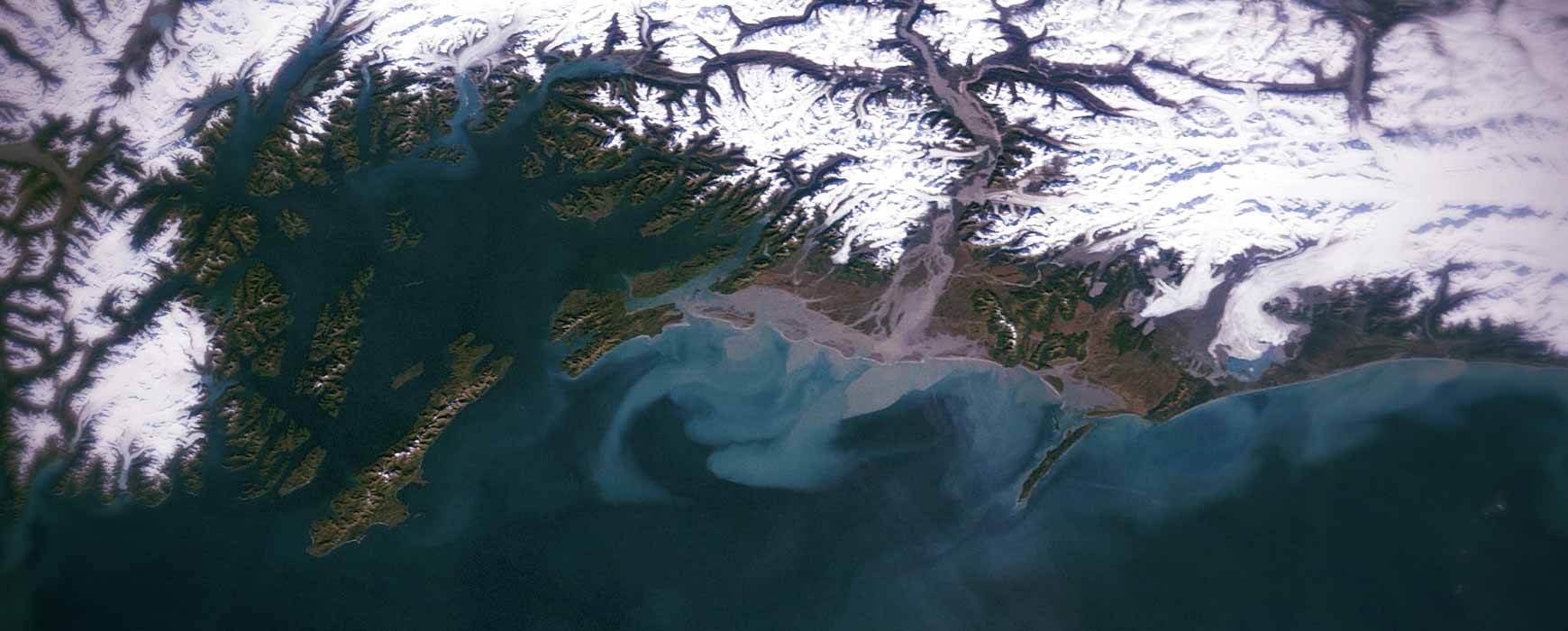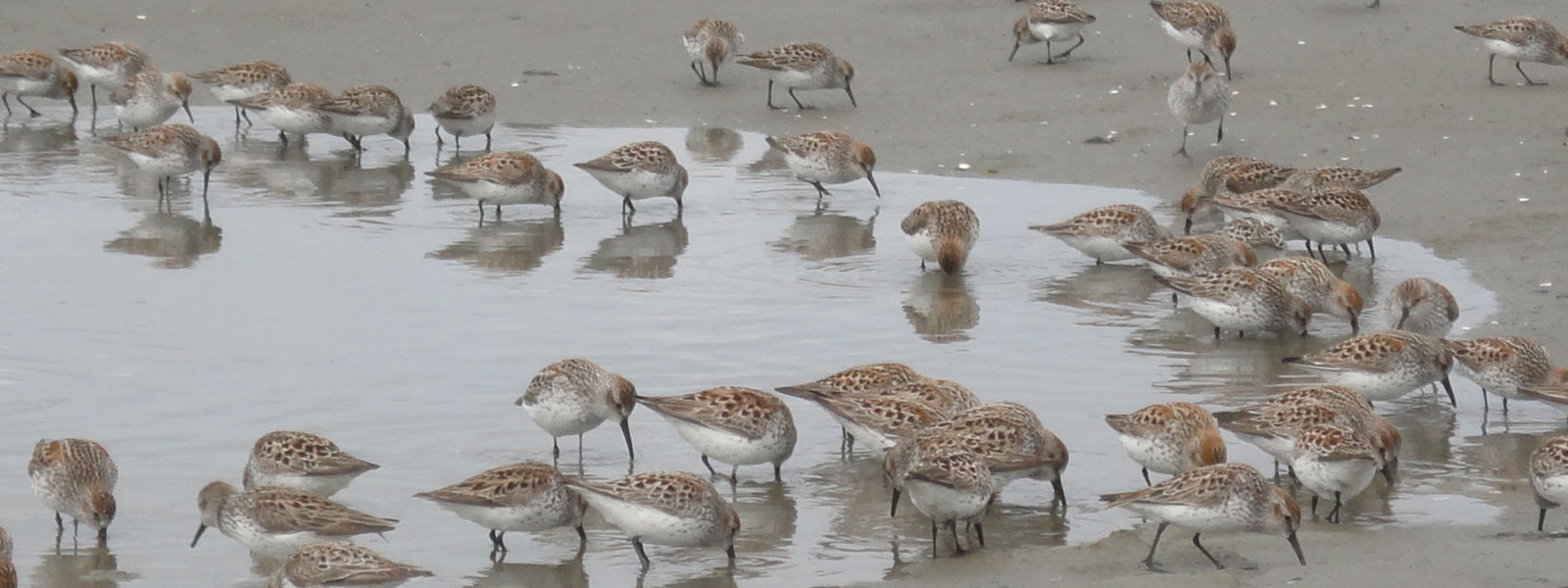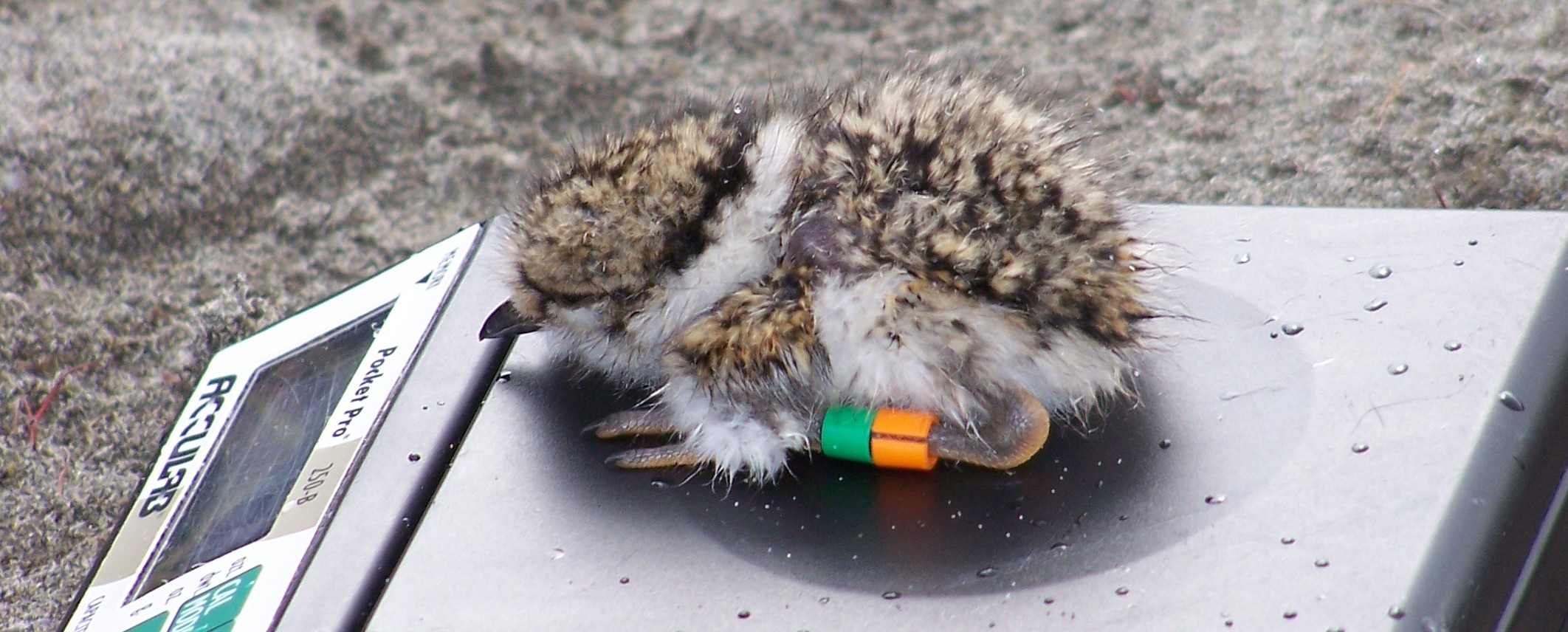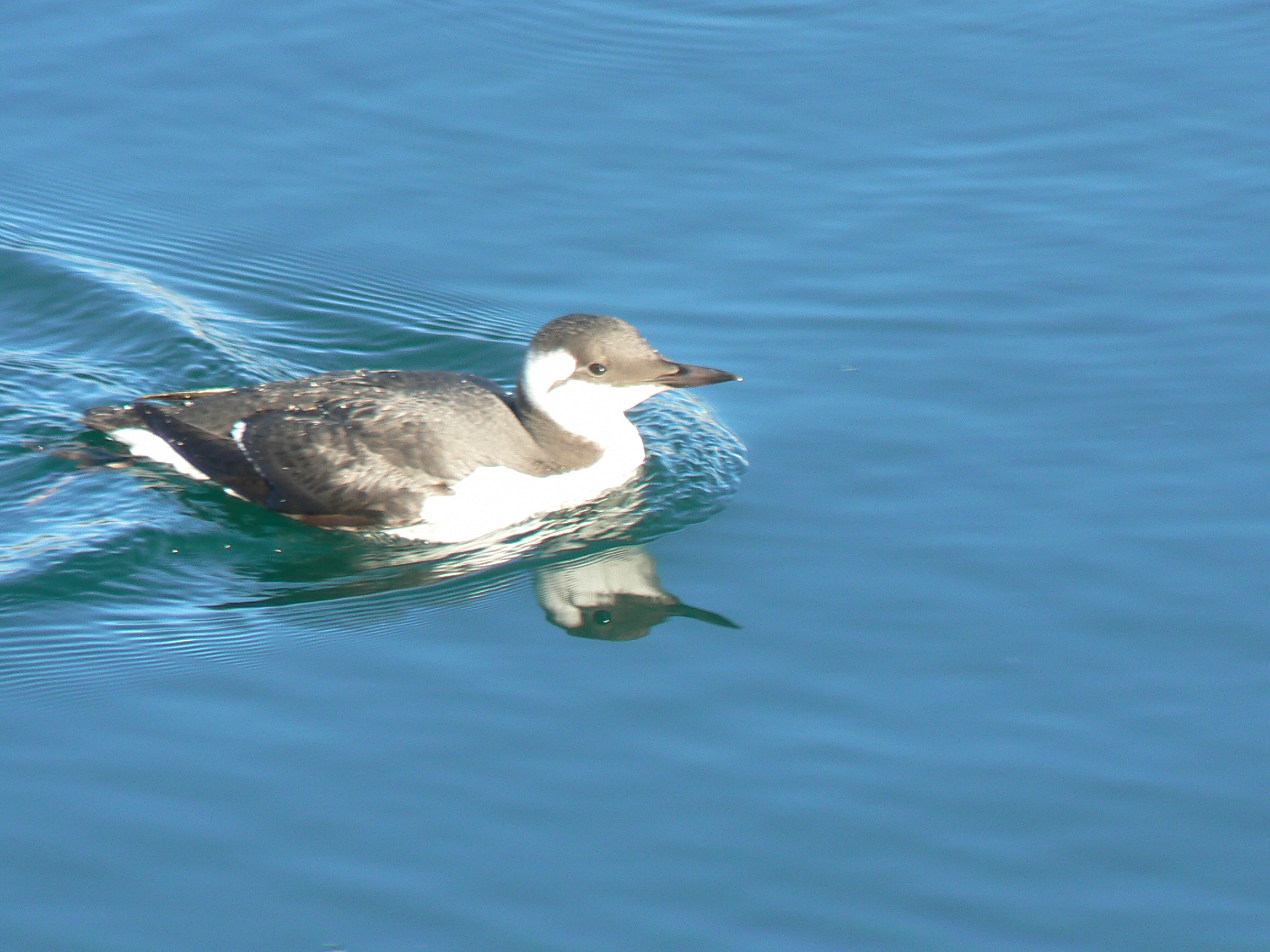The vast majority of the world’s understanding of estuaries is based on studies of sub-tropical and temperate estuarine areas. Few studies of subarctic and arctic estuaries have been conducted in coastal Alaska, despite the economic and worldwide importance of these fisheries, wildlife and natural resources.
At the Prince William Sound Science Center, we’ve conducted detailed studies of the Copper River Delta estuary. We selected the Copper River Delta because its ecological and economic resources are at risk to potential oil spills. For example, the Trans Alaska oil pipeline crosses six major tributaries of the Copper River. A breach of the pipeline at one of these sites, or a tanker spill in Prince William Sound or in the Gulf of Alaska, would pose a severe threat to ecology and economy.
Understanding the fundamental ecological processes that define this large marine, forest, river, lake and estuarine habitat is at the core of our work. Our work includes partnering with other organizations to understand how this complex system nurtures world-class stocks of Pacific salmon (principally Chinook and sockeye), waterfowl of a variety of kinds, and substantial populations of the eastern Pacific’s seasonally migrating shorebirds each year.









